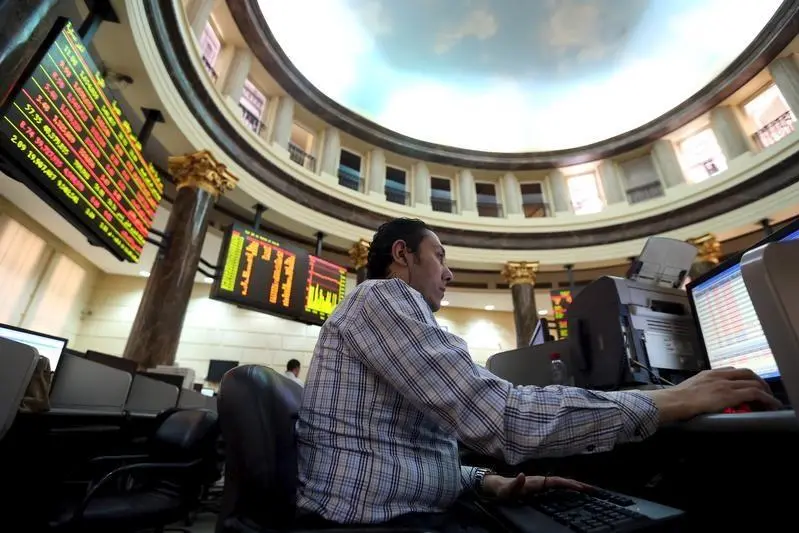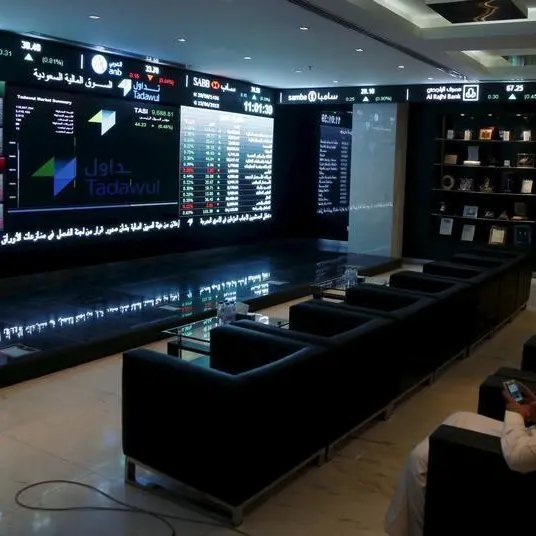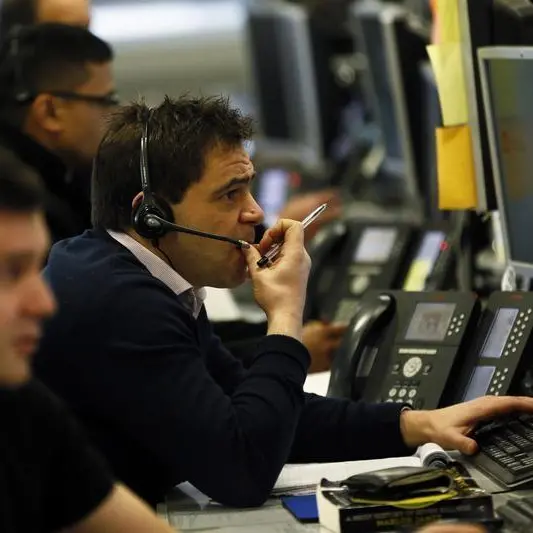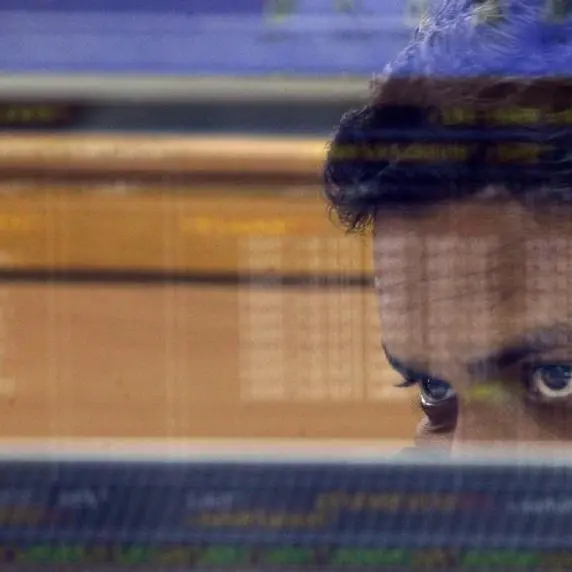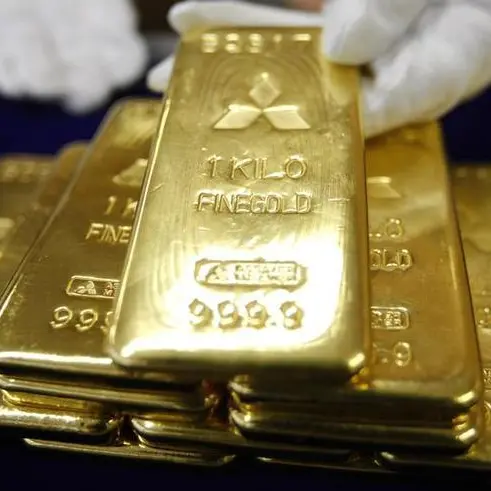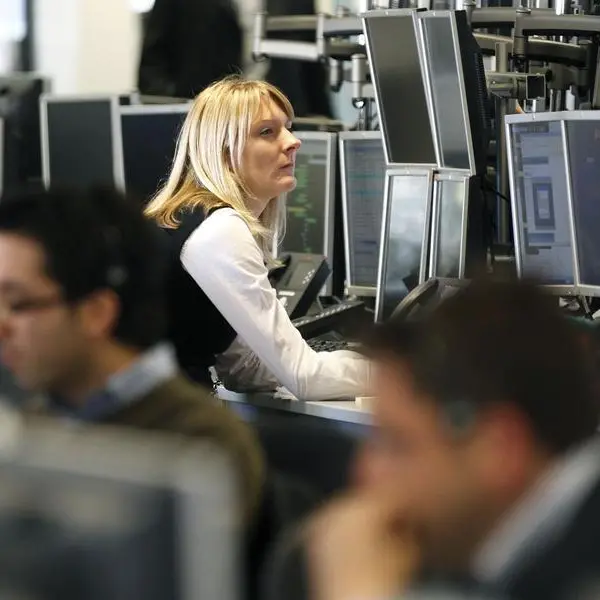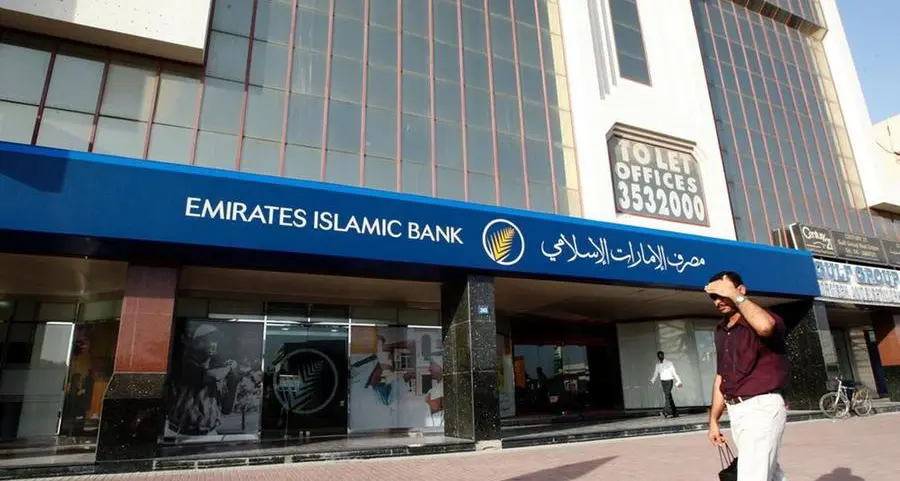PHOTO
The Egyptian blue-chip index slid sharply to its worst day in six months on Wednesday, mirroring weak global sentiment, while Saudi Arabia's index fell, pressured by global tensions and investors retreating from markets during the Muslim holy month of Ramadan.
Egypt's blue-chip index fell 2.5 percent, with 29 out of 30 stocks trading in the red. Egypt's largest lender Commercial International Bank Egypt fell 0.7 percent, while Egyptian Iron & Steel plunged 9.9 percent.
Property developer Emaar Misr For Development fell 4.7 percent after reporting a 16.8 percent fall in its first-quarter net profit.
Oil prices stabilised as markets remained relatively tight amid U.S. sanctions on crude exporters Iran and Venezuela, while global shares dipped to a near five-week low amid renewed trade tensions between U.S. and China.
"The sell-off across the region is mainly due to deteriorating sentiment globally following Trump's China tariffs announcement. Most global equity markets witnessed broad-based sell-offs and our (Gulf) region was not spared," said Nadi Bargouti, head of asset management at Shuaa Capital.
"Unfortunately, recent geopolitical developments are adding to investor anxiety and applying more pressure on regional markets," Bargouti added.
The Saudi index was down 0.8 percent. The country's second-largest lender by assets, Al Rajhi Bank, lost 2 percent and Riyad Bank shed 1 percent.
Middle East Paper Co fell 6.6 percent to its lowest in more than a year after reporting a 79.3 percent plunge in first-quarter net profit, citing a drop in selling prices.
Takween Advanced Industries slid 2.6 percent as its first-quarter net loss widened.
The Qatar index was down for the fourth straight day, falling 1.3 percent, with 18 of the 20 stocks declining.
Heavyweights Industries Qatar and Commercial Bank fell 2.9 percent and 2.2 percent, respectively.
Locally, Ramadan is a factor that underlines the sell-off across Gulf markets, when volumes slow down and with that any selling pressure gets aggravated, said Vrajesh Bhandari, portfolio manager at Al Mal Capital.
"Note that investors have made decent returns this year and it is not surprising they are taking some money off the table," Bhandari added.
Dubai's index was down 0.5 percent, with pressure from its real estate firms. DAMAC Properties and Emaar Properties fell 2.6 percent and 1.5 percent, respectively.
Amlak Finance lost 1.5 percent after it reported a loss for the first-quarter compared to a profit a year earlier.
Abu Dhabi's index closed flat. Abu Dhabi National Hotels jumped 14.7 percent in light trade. Earlier this week, the company posted higher first-quarter operating revenue.
Kuwait's index was the only major Gulf market in the positive territory, adding 0.9 percent with Zain Kuwait and National Industries Group gaining 2.2 percent and 3.5 percent, respectively.
(Reporting by Karina Dsouza in Bengaluru Editing by Frances Kerry) ((Karina.Dsouza@thomsonreuters.com; within U.S. +1 646 223 8780, outside U.S. +91 80 6749 6373; Reuters Messaging: Reuters Messaging: karina.dsouza@thomsonreuters.com))
